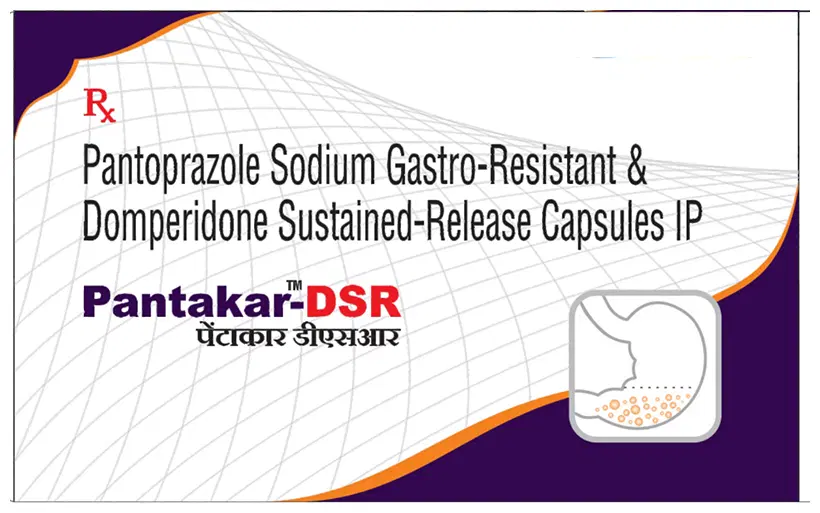Pegaspargase
Pegaspargase, also known as L-asparaginase, is an enzyme derived from Escherichia coli bacteria. It is a key component in the treatment of acute lymphoblastic leukemia (ALL), a type of cancer that affects the blood and bone marrow.
ALL is characterized by the rapid growth of abnormal white blood cells, called lymphoblasts, which accumulate in the bone marrow and interfere with the production of healthy blood cells. Pegaspargase is used as part of a multi-drug therapy regimen to target and destroy these cancerous cells, aiming to achieve remission and improve the patient’s prognosis.
The enzyme works by depleting the body’s supply of asparagine, an amino acid that is essential for the growth and survival of lymphoblasts. As a result, the cancer cells are unable to divide and multiply, ultimately leading to their death.
Pegaspargase is typically administered through intramuscular injections, usually once a week during the initial phase of treatment. The dosage and frequency may vary depending on the patient’s age, weight, and overall health.
The use of pegaspargase may be associated with certain side effects, such as allergic reactions, liver and kidney problems, and increased risk of infections. Patients should consult with their healthcare provider to determine the most appropriate treatment plan and to monitor for any potential complications.

Showing all 2 results
Showing all 2 results

